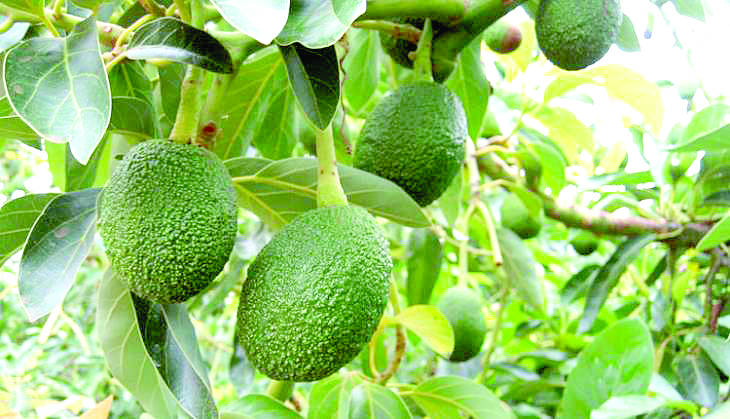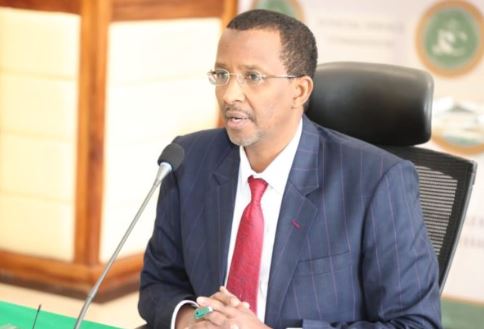Kagwe exposes powerful pesticide cartels undermining Kenya’s food safety

The Cabinet Secretary for Agriculture and Livestock Development, Mutahi Kagwe, has exposed the influence of powerful pesticide cartels sabotaging Kenya’s food safety and agricultural reforms.
In a hard-hitting address at the opening of the 2025 CABI Africa Regional Consultation, on Wednesday, June 11, 2025, in Nairobi, Kagwe declared that the fight against harmful agrochemicals was being actively undermined by well-connected criminal networks.
“We are aware that banned pesticide cartels are fighting back—through bribery of legislative and regulatory bodies, infiltration of government institutions, and the sponsorship of media articles to undermine public health reforms,” Kagwe revealed.
Kagwe warned that entrenched commercial interests resist change, even as African nations unite to combat environmental degradation, pesticide misuse, and pest-related crop failures.
“This is not just a policy issue—it is a fight for the health of our people, the integrity of our food systems, and the future of our environment,” he said.
Kenya, he noted, is firmly committed to leading the charge through stringent pesticide regulation, investment in sustainable agricultural inputs, and farmer empowerment via innovation and education.

Climate resilient farming
He reaffirmed the country’s roadmap under the Agricultural Sector Transformation and Growth Strategy (ASTGS), which prioritises climate-resilient and inclusive farming practices.
Kagwe also highlighted Kenya’s progress in achieving compliance with international sanitary and phytosanitary (SPS) standards, which are key to improving market access and food safety enforcement.
The CS praised CABI’s 30-year contribution to regional agricultural resilience. He commended its scientific leadership in controlling invasive pests, reducing chemical dependence, and supporting environmentally friendly solutions.
“From battling fall armyworm and locusts to pioneering nature-based solutions like the National Prosopis Strategy, CABI has helped anchor agricultural resilience across the continent,” Kagwe said.
With climate change accelerating pest threats across Africa, Kagwe urged deeper regional integration to confront shared challenges. He called on African countries to unite behind a common agenda of harmonised pesticide regulations, coordinated oversight, and farmer-focused education campaigns.
“Let us not leave this room with just another communiqué. Let this be a turning point—a moment where political courage meets scientific truth,” he urged.
Kagwe linked Kenya’s leadership on this issue to broader continental initiatives, including the Comprehensive Africa Agriculture Development Programme (CAADP) and the African Continental Free Trade Area (AfCFTA). These frameworks, he said, offer opportunities for joint action on pesticide governance and trade safety.
He delivered a stern warning to those profiting from the toxic agrochemical trade, saying Kenya would no longer tolerate corruption and regulatory evasion.
“The era of toxic loopholes, corrupt protectionism, and silent poisoning of Africa’s food is over,” he declared.















